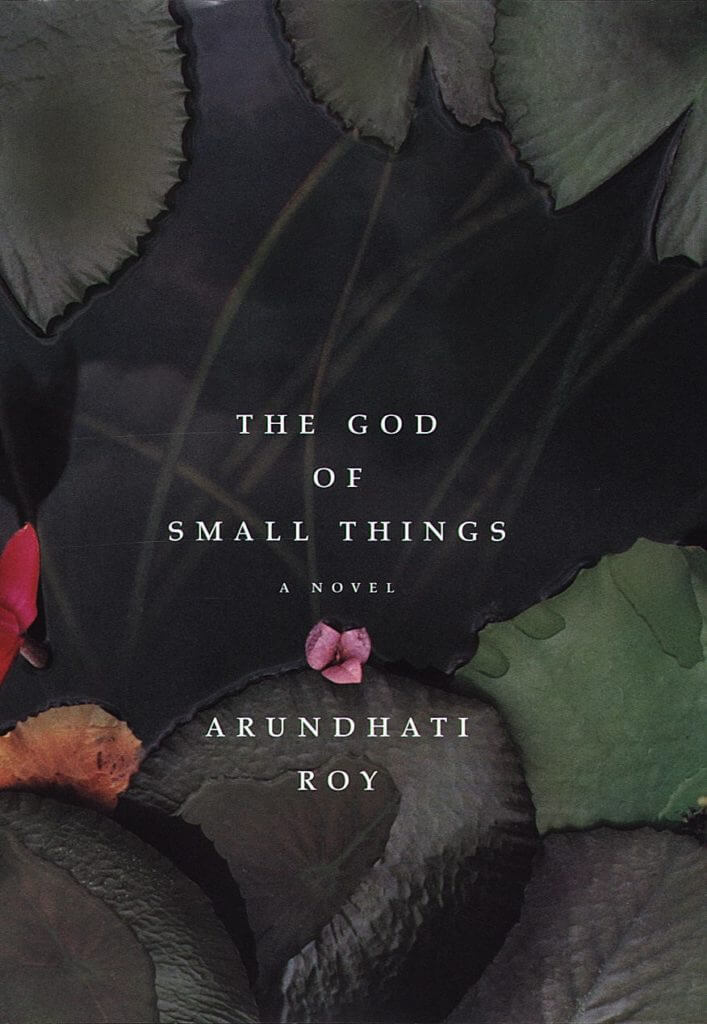
This beloved debut novel by Indian writer Arundhati Roy was published to critical and popular acclaim, winning the Booker Prize in 1997. Considered a modern classic, The God of Small Things tells the story of twins Rahel and Esthappen who struggle under the restrictive rules that govern who and how they can love. Non-linear in structure, Roy’s tale explores tragedies, liaisons, and political commentary through the lens of a family saga. Powerful, observant and lyrical, as you read you’ll be swept away by the impact of small things on the lives of everyday people.
Share your thoughts: How do you think the non-linear structure of The God of Small Things impacts the overall narrative?





















Leave a comment